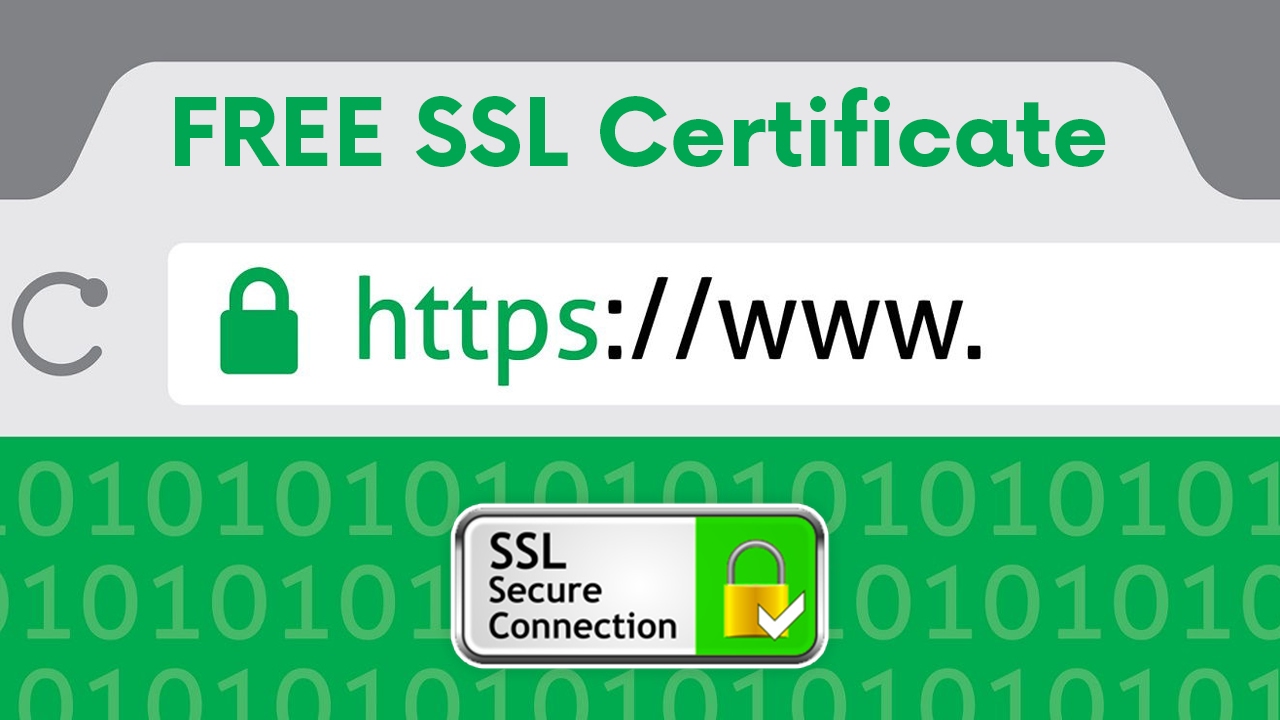In this age of digitalization, in which the internet plays an crucial function in our lives, safeguarding online data is an absolute requirement. One of the key tools for safeguarding sensitive information as well as establishing trust among users can be an SSL certificate. In this piece we’ll look into what SSL certificate is, their functions, their various types and their crucial function they play in maintaining the safety of websites as well as online transactions.
SSL, which stands for Secure Sockets Layer, is the protocol used to establish an encrypted connection between a website’s server as well as a browser used by the user. SSL certificates are tiny data files that serve as a digital passport to web pages. They are issued by reputable third-party entities known as Certificate Authorities (CAs). When users visit websites that are secured by the SSL certificate, the browser confirms the certificate’s authenticity and ensures that the connection is encrypted which protects data sensitive from interception by malicious actors.
SSL certificates employ a process known as public-key cryptography. This process is employed to securely exchange data between a web browser’s user and a web server. When a user accesses secured websites, the server sends its SSL certificate, containing its public key, to the user’s browser. The browser validates the authenticity of the certificate by determining whether it’s issued by a trusted CA as well as ensuring that it has not expired or been revoked. After validation, the browser generates a unique session key and secures it using the server’s public key, ensuring it is only server that has the ability to read the data encrypted to it by the browser. This encrypted connection ensures the privacy and security of data while it’s being transmitted.

Although understanding the importance of encryption is important but understanding the significance of trust in this process is just as important. Trust is created through Certificate Authorities (CAs). CAs are third-party organizations who are accountable for the issue of free ssl certificate. Prior to issuing a certificate the CA checks the identity of the website and its owner. A rigorous verification process is used to ensure that the site is authentic and not malicious that is trying to trick users.
When people see an SSL certificate from an acknowledged CA an individual can feel more confident about the authenticity and security of the website they’re using. Business owners, SSL certificates are not solely security instruments, but also instruments for trust. If a visitor sees an SSL-secured website exists this increases confidence that the site’s security is reliable. It can also result in higher engagement in transactions, as well as generally better user experience.
Additionally, SSL certificates can also be classified by the quantity of domains they cover. Single-domain certificates are only able to protect a particular domain, whereas Wildcard certificates protect an entire domain as well as its subdomains. Multi-domain certificates, as the title suggests, secure multiple domains using a single certificate, making an economical solution for businesses that have multiple websites.